Are you struggling with debt and feeling overwhelmed by the weight of your financial burdens? You’re not alone. Many people in Florida find themselves in a similar situation, wondering what their options are when it comes to debt relief. One option that may come to mind is filing for bankruptcy. But what does “file bankruptcy” mean, and how can it help you regain control of your financial life? In this article, we will explore the ins and outs of bankruptcy, helping you understand this powerful financial tool and how it can provide a fresh start for your future.
Filing Bankruptcy: Comprehensive Overview
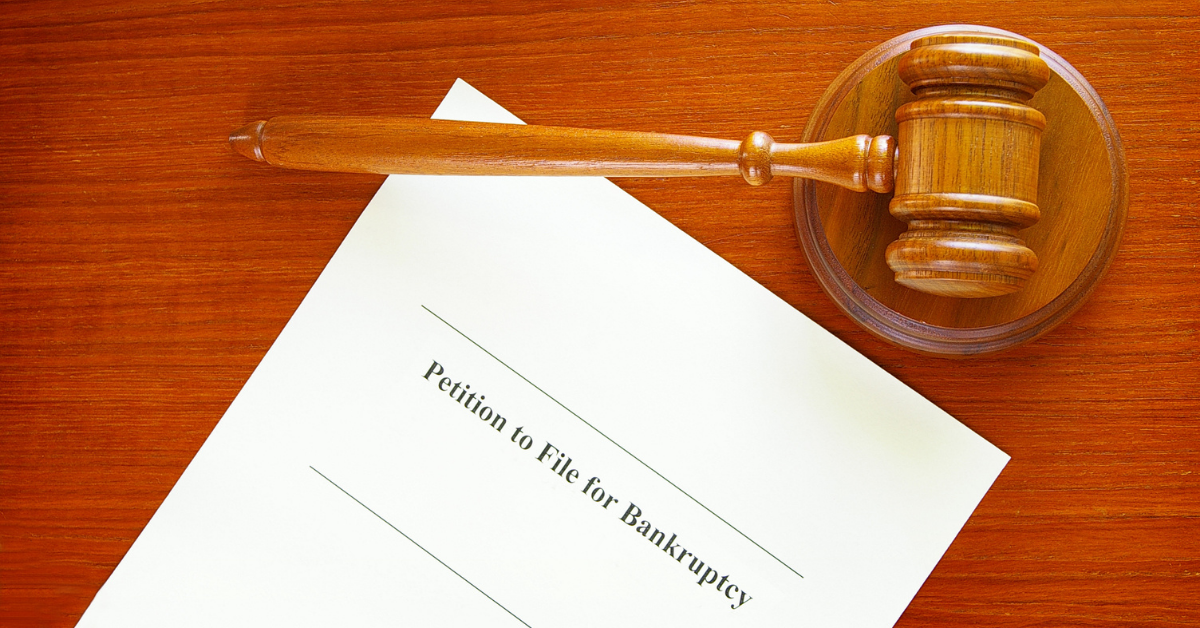
Filing for bankruptcy is a legal process that allows individuals and businesses to eliminate or reorganize their debts under the protection of the federal bankruptcy court. The primary goal of bankruptcy is to provide debt relief for those who are struggling with unmanageable debts, giving them a chance to start fresh and regain control of their financial lives.
There are several different types of bankruptcies, each designed to address specific financial situations. These types are referred to by their chapter in the U.S. Bankruptcy Code, such as Chapter 7, Chapter 11, or Chapter 13. Depending on the type of bankruptcy you file, you may be able to eliminate unsecured debts, reorganize your debt repayment plan, or protect your assets from being seized by creditors.
Chapter 7 Bankruptcy: Liquidation and a Clean Slate

One of the most common types of personal bankruptcy is Chapter 7 bankruptcy, also known as liquidation or straight bankruptcy. In this process, a bankruptcy trustee is appointed to sell off any non-exempt assets you own, using the proceeds to pay off your unsecured debts. Once this process is complete, most of your remaining unsecured debts will be discharged, meaning you are no longer legally obligated to pay them.
To qualify for Chapter 7 bankruptcy in Florida, you must pass a means test that compares your income to the state’s median income and determines your disposable income after necessary living expenses. Additionally, certain assets may be protected from liquidation through Florida’s specific exemptions, such as the homestead exemption for your primary residence or the motor vehicle exemption for up to $1,000 in vehicle equity.
It’s important to note that while Chapter 7 bankruptcy can provide significant debt relief, it does have a negative impact on your credit report. A Chapter 7 bankruptcy filing will remain on your credit report for ten years, potentially affecting your ability to obtain credit in the future.
Chapter 13 Bankruptcy: Repayment and Retaining Assets
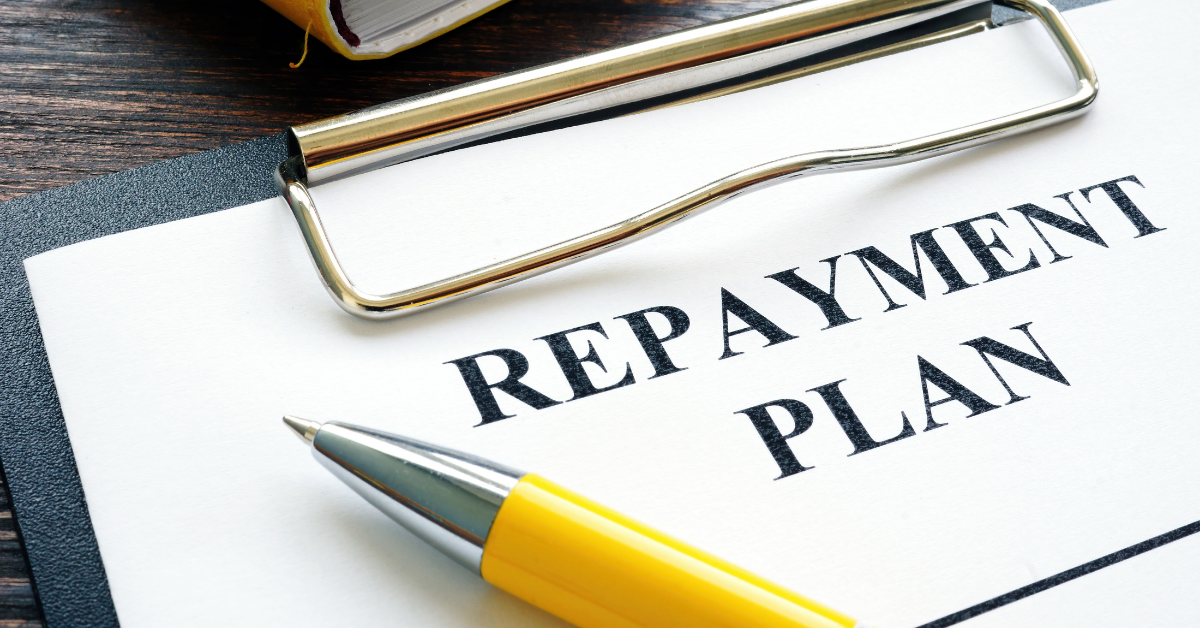
For individuals who have a regular income but still struggle with debt, Chapter 13 bankruptcy may be a more suitable option. This type of bankruptcy allows you to create a repayment plan, typically lasting three to five years, in which you make monthly payments to a bankruptcy trustee who then distributes the funds to your creditors. The repayment plan is based on your disposable income or the liquidation value of your non-exempt assets, whichever is greater.
One of the primary benefits of Chapter 13 bankruptcy is that it allows you to keep your assets, such as your home or car, as long as you continue making payments under the repayment plan. Once the plan is successfully completed, any remaining eligible unsecured debts will be discharged.
Like Chapter 7 bankruptcy, Chapter 13 bankruptcy will have an impact on your credit report. However, the filing will only remain on your report for seven years, making it a slightly less damaging option in terms of your credit history.
Navigating the Bankruptcy Process with Expert Guidance
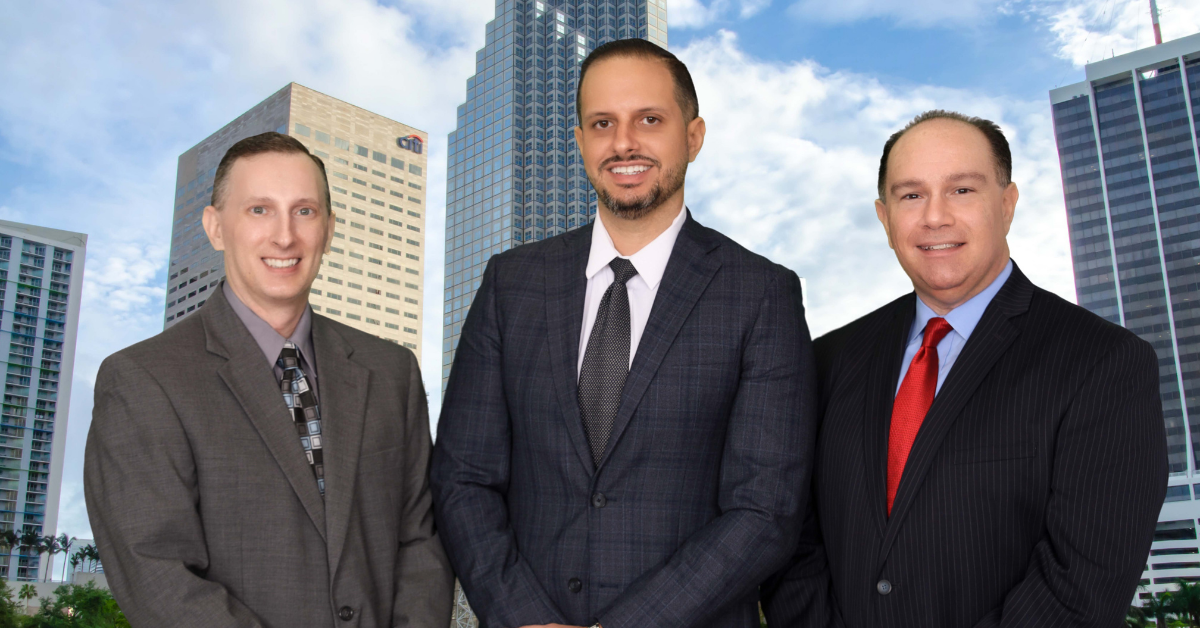
Filing for bankruptcy is a complex legal process that requires careful consideration and planning. It’s essential to work with an experienced bankruptcy attorney who can guide you through the process and help you make the best decisions for your financial future. At LSS Law, we are committed to helping people in South Florida learn more about their options when it comes to debt and bankruptcy. Our mission is to help you remove the financial monkey from your back and open the door to a brighter future.
Whether you’re considering Chapter 7 or Chapter 13 bankruptcy, our team of experts is here to provide the support and guidance you need. We offer free consultations for personal bankruptcies (Chapters 7 and 13) at our Fort Lauderdale and Miami locations, as well as the option for Zoom consultations. Don’t let the stigma of bankruptcy hold you back – take the first step towards a fresh financial start by contacting us today.
Understanding the Role of Bankruptcy Court
The bankruptcy court plays a crucial role in the bankruptcy process, as it is responsible for overseeing and administering all bankruptcy filings. These federal courts operate under the rules outlined in the U.S. Bankruptcy Code and ensure that the legal process is carried out fairly and efficiently.
When you file for bankruptcy, your case will be assigned to a bankruptcy judge who will preside over the proceedings. The judge will review your financial information, approve or deny your repayment plan (in the case of Chapter 13), and ultimately determine whether your debts will be discharged. Additionally, a bankruptcy trustee will be appointed to manage your case, liquidate non-exempt assets (in Chapter 7), and distribute the proceeds to your creditors.
Working with a skilled bankruptcy lawyer is essential to navigating the bankruptcy court process successfully. Your attorney will help you prepare and file the necessary paperwork, represent your interests during court proceedings, and provide guidance on how to best move forward with your financial life after bankruptcy.
The Impact of Bankruptcy on Your Credit Report
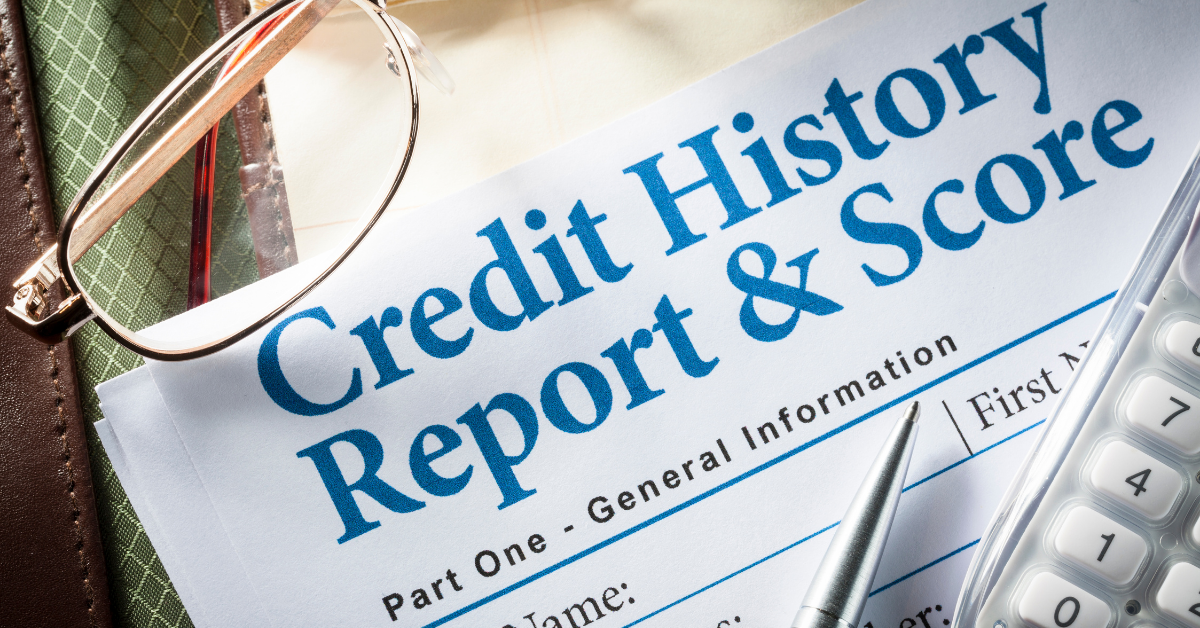
It’s important to be aware that filing for bankruptcy will have a negative impact on your credit report. A Chapter 7 bankruptcy filing will remain on your report for ten years, while a Chapter 13 filing will stay for seven years. This can make it more challenging to obtain credit, secure loans, or even rent an apartment in the future.
However, the impact of bankruptcy on your credit score is not permanent, and it’s possible to rebuild your credit over time by following the right recommendations. Some steps you can take to improve your credit after bankruptcy include:
- Making timely payments on any remaining debts or obligations
- Obtaining a secured credit card and using it responsibly
- Creating and sticking to a budget to avoid falling back into debt
- Monitoring your credit report for errors and disputing any inaccuracies
With patience, diligence, and responsible financial management, you can work towards restoring your credit and achieving a healthier financial future.
Other Debt Relief Options
While bankruptcy can be a powerful tool for debt relief, it’s not the only option available to those struggling with debt. Before deciding to file for bankruptcy, it’s essential to consider other debt relief options that may be more suitable for your specific situation. Some alternatives to bankruptcy include:
- Debt consolidation: Combining multiple debts into a single debt consolidation loan with a lower interest rate and more manageable monthly payments.
- Credit counseling: Working with a credit counseling agency to develop a debt management plan and negotiate with creditors for reduced interest rates or waived fees.
- Debt settlement: Negotiating with creditors to accept a lump sum payment that is less than the total amount owed, in exchange for discharging the remaining debt.
Each of these options has its own set of benefits and drawbacks, so it’s crucial to carefully weigh your choices before making a decision. Consulting with a qualified bankruptcy attorney can help you determine the best course of action for your unique financial situation.
Pros and Cons of Filing for Bankruptcy
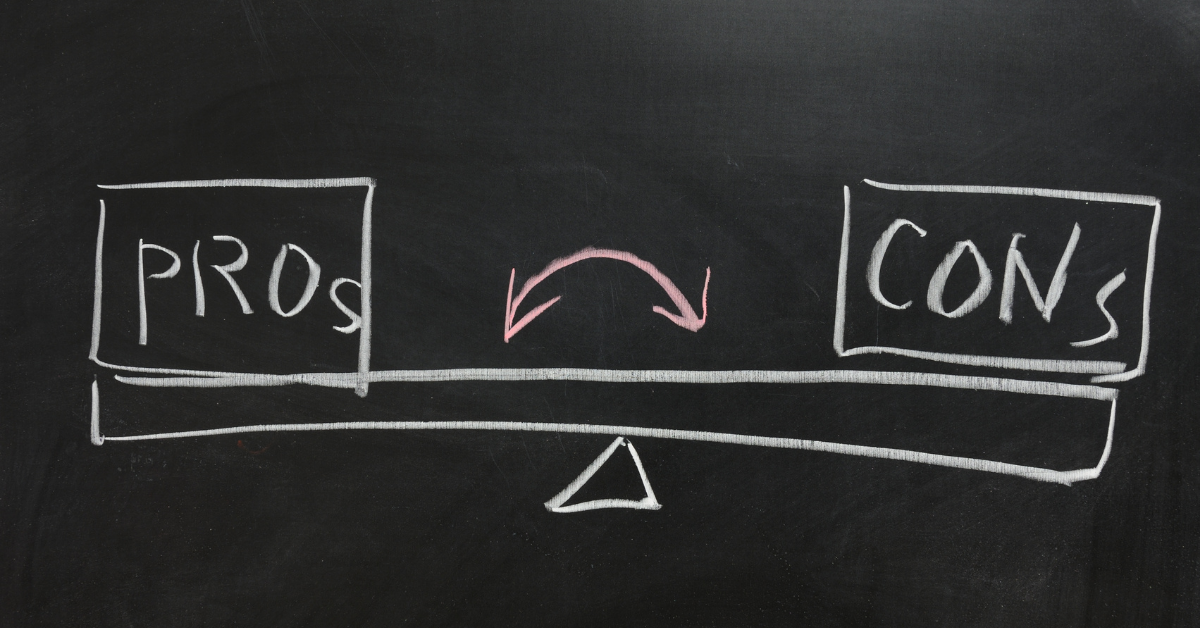
When considering whether to file for bankruptcy, it’s essential to weigh the pros and cons of this significant decision. On one hand, filing for bankruptcy can provide immediate relief from overwhelming debt, halt collection actions, and offer a fresh financial start. Additionally, bankruptcy protection can help you eliminate unsecured debt, reorganize your finances, and create a more manageable repayment plan for outstanding debts.
On the other hand, bankruptcy can negatively impact your credit report for several years, making it more challenging to secure credit, loans, or rental agreements in the future. Additionally, filing for bankruptcy can be a complex and time-consuming process that requires careful planning and expert guidance. Moreover, not all debts can be discharged in bankruptcy, such as student loan debt, child support, and certain tax debts.
It’s crucial to carefully consider your options and consult with a knowledgeable bankruptcy attorney before making a decision. They can help you evaluate your financial situation, explore alternative debt relief options, and determine the best course of action for your unique circumstances.
Rebuilding After Bankruptcy
While filing for bankruptcy can provide much-needed debt relief and a fresh financial start, it’s essential to take proactive steps to rebuild your financial life after bankruptcy. Here are some strategies to help you regain financial stability and improve your credit score over time:
- Monitor your credit report: Regularly review your credit report to ensure accuracy and track your progress in rebuilding your credit. You can request a free copy of your credit report from each of the three major credit bureaus (Equifax, Experian, and TransUnion) once every 12 months.
- Establish a positive payment history: Make all your monthly payments on time, as payment history is the most significant factor in your credit score. This includes not only credit accounts but also rent, utilities, and other bills.
- Obtain a secured credit card: A secured credit card requires a cash deposit as collateral and can help you establish a positive credit history after bankruptcy. Ensure that the card issuer reports your payment history to the credit bureaus to help improve your credit score.
- Create and stick to a budget: Developing a realistic budget that accounts for all your income and expenses can help you manage your finances more effectively and avoid falling back into debt.
- Build an emergency fund: Having a financial cushion can help you avoid relying on credit in the event of unexpected expenses. Aim to save at least three to six months’ worth of living expenses in an emergency fund.
- Consider credit counseling: Working with a reputable credit counseling agency can help you develop a personalized plan to manage your finances and improve your credit over time.
By taking these steps and remaining committed to responsible financial management, you can rebuild your financial life after bankruptcy and work towards a brighter financial future.
Frequently Asked Questions
How long does the bankruptcy process take?
The duration of the bankruptcy process depends on the type of bankruptcy you file. A Chapter 7 bankruptcy typically takes four to six months to complete, while a Chapter 13 bankruptcy involves a repayment plan that lasts three to five years.
Can I keep my home and car if I file for bankruptcy?
In many cases, you can keep your home and car when filing for bankruptcy, depending on the exemptions available under Florida law. In a Chapter 7 bankruptcy, you may be able to protect your home using the Florida homestead exemption and up to $1,000 in vehicle equity using the motor vehicle exemption. In a Chapter 13 bankruptcy, you can keep your property as long as you maintain your repayment plan.
Will bankruptcy eliminate all my debts?
Bankruptcy can help eliminate many unsecured debts, such as credit card debt and medical bills. However, certain debts are not dischargeable in bankruptcy, including student loans, child support, alimony, and some tax debts.
How will bankruptcy affect my credit score?
Filing for bankruptcy will have a negative impact on your credit score, and it will remain on your credit report for 7-10 years. However, by following the correct recommendations and developing better financial habits, many individuals see their credit scores improve over time.
Can I file for bankruptcy without a lawyer?
While it is possible to file for bankruptcy without a lawyer, the process can be complex and time-consuming. Working with an experienced bankruptcy attorney can help you navigate the process more efficiently and ensure that your rights and interests are protected.
What is the difference between secured and unsecured debts?
Secured debts are those that are backed by collateral, such as a mortgage or car loan. If you default on a secured debt, the creditor can seize the collateral to satisfy the debt. Unsecured debts, on the other hand, are not backed by collateral, and creditors generally have no right to seize your property if you default on the debt.
Contact Us to Learn More About Your Bankruptcy Options
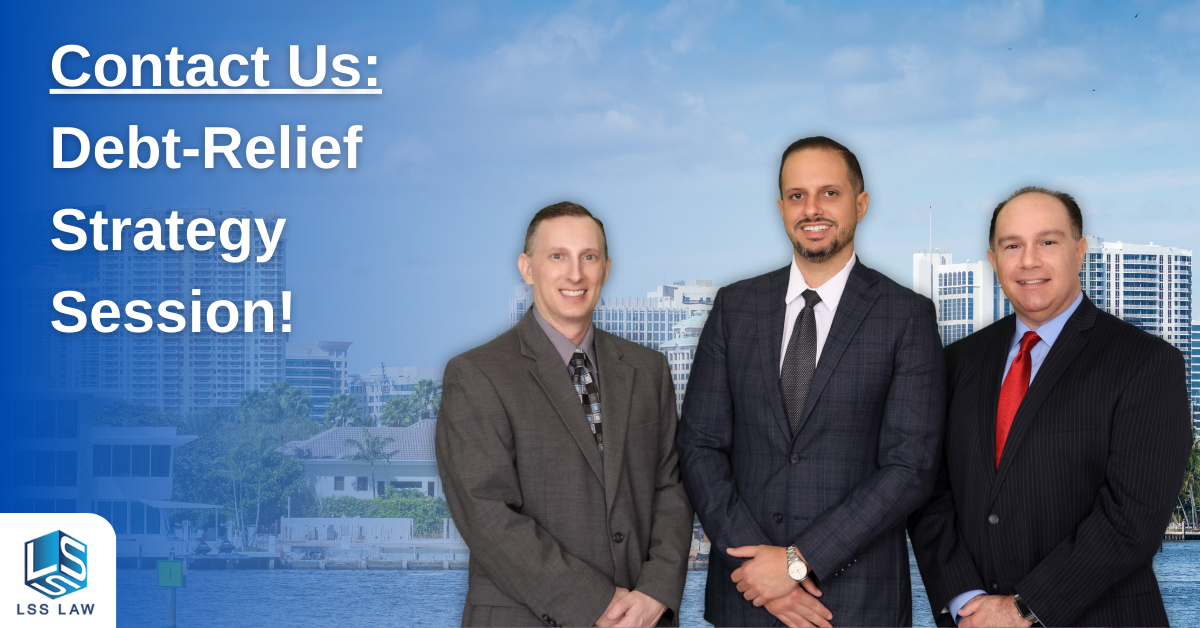
If you’re struggling with debt and considering bankruptcy, it’s essential to have a knowledgeable and experienced bankruptcy attorney on your side. At LSS Law, we’re committed to helping people just like you finally remove the financial monkey from their back and open the door to a brighter future. To learn more about your options and schedule a no-cost Bankruptcy Strategy Session for personal bankruptcies (Chapters 7 and 13), give us a call at (954) 466-0541 or visit our contact page. We’re here to help you navigate the bankruptcy process and regain control of your financial future.






